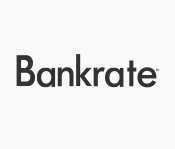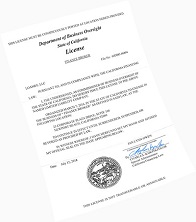Overview
Accounts receivable financing – also known as “factoring” – is one of the most historically popular ways for a small business to maintain cash flow at critical times. It’s essentially the sale of outstanding invoices (future “receivables”) at a discount in order to secure a portion of that money immediately. The company purchasing the invoices (or loaning money against them) – generally referred to as “the factor” – provides funding in exchange for a cut of the total owed.
The most common type of factoring is the “asset sale.” In this arrangement, the factor actually purchases the invoices and takes on primary responsibility for collection. Because outstanding invoices are considered an “asset” for accounting purposes, this is an actual sale rather than a traditional loan. (Accounts receivable are classified as “liquid assets,” meaning they’re fairly easy to convert into usable cash.) The original terms of the invoice, such as due dates, total amounts, late fees, etc., remain fixed, so the factor must abide by them. If the party at the other end of that invoice refuses or is unable to pay, however, the factor has full legal claim to pursue the total due through collections or legal action.
An asset sale is similar to (but different than) a loan which uses a company’s accounts receivable (AR) as collateral. In this arrangement, loan terms may be more traditional but repayment is guaranteed by the asset of the outstanding invoices in question. If the company taking out the loan is unwilling or unable to pay, the accounts receivable factoring companies may take over the company’s AR in order to regain its investment. Whereas an asset sale is not technically a loan, this agreement is actual accounts receivable lending.
Because so much depends on the reliability of those responsible for paying the various invoices involved, factors may require some documentation regarding their credit histories as well as the company from which they’re purchasing AR or to which they’re extending credit using AR as collateral. It also matters what sorts of terms the invoices carry. It’s easier for factors to extend financing on AR due in 30 or 60 days than those allowing 180 days or more to pay.
The precise terms of any given accounts receivable funding agreement depend on the specifics of the situation and negotiations between the parties involved. Generally, however, the factor provides 70% - 80% of the total AR amount up front, keeping the rest in a reserve account until most or all of the invoices are paid in full. At that point, they deduct their fees (typically 0.5% - 5.0%) and they pay the remainder to the borrowing company.














